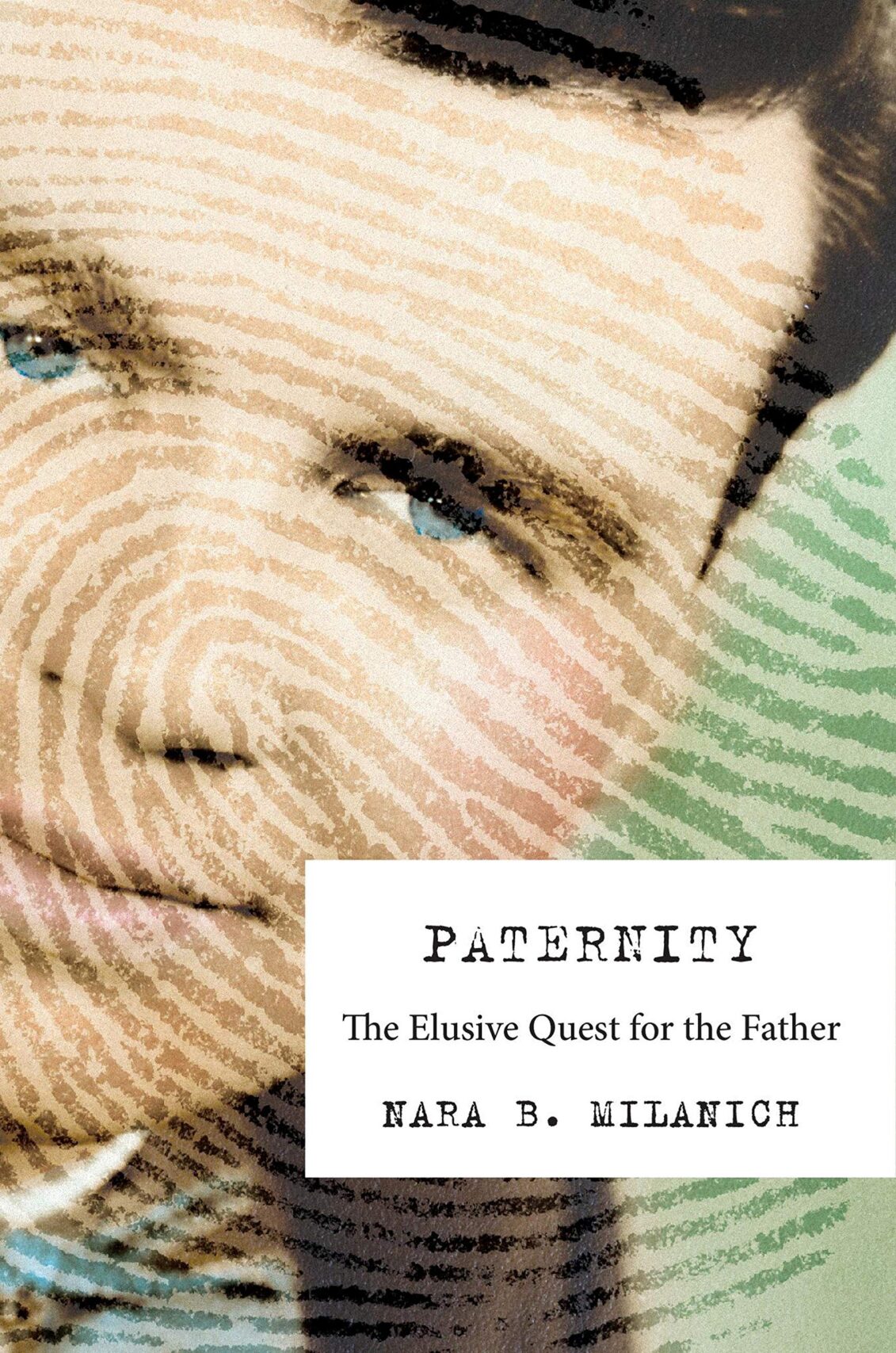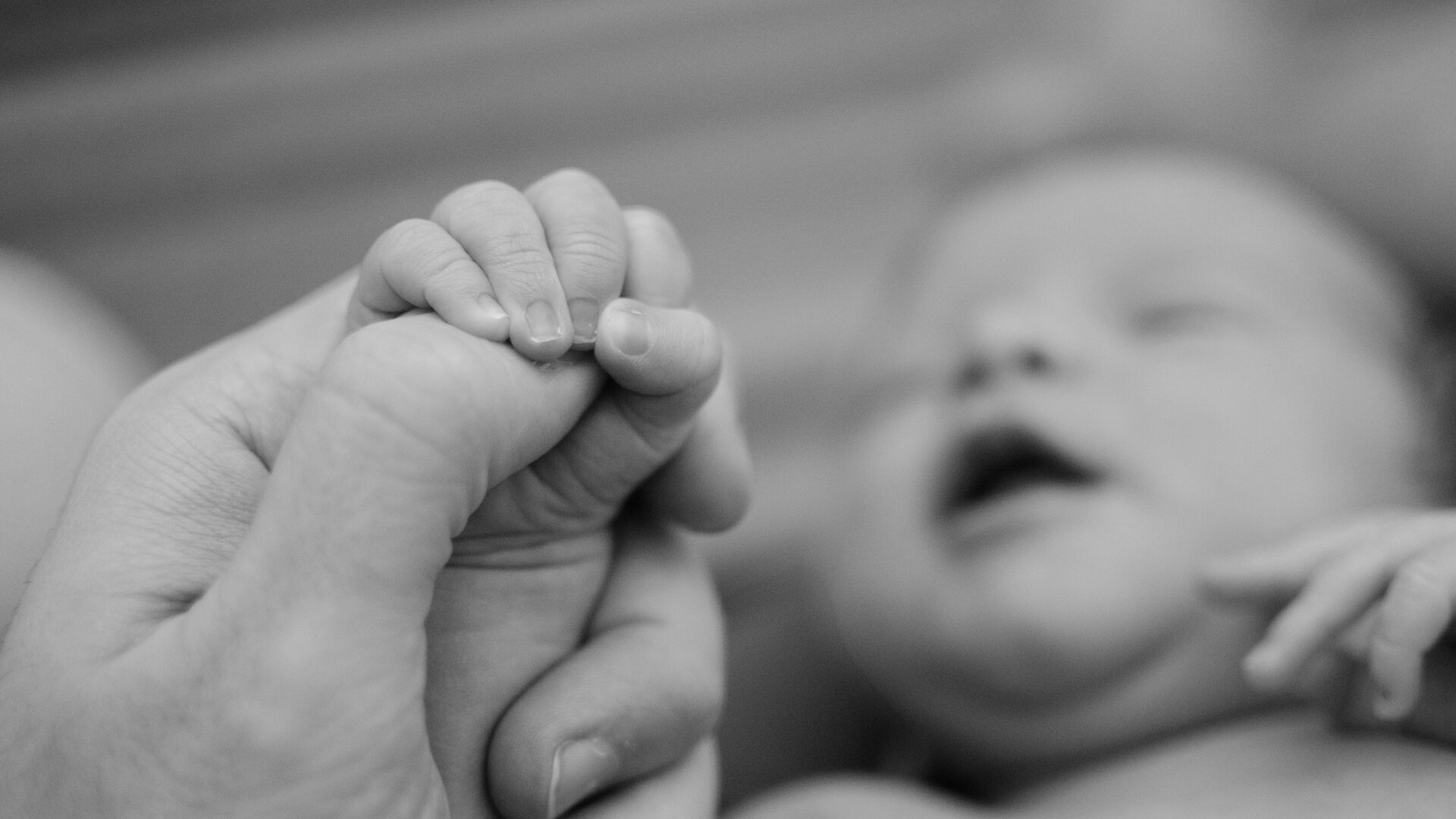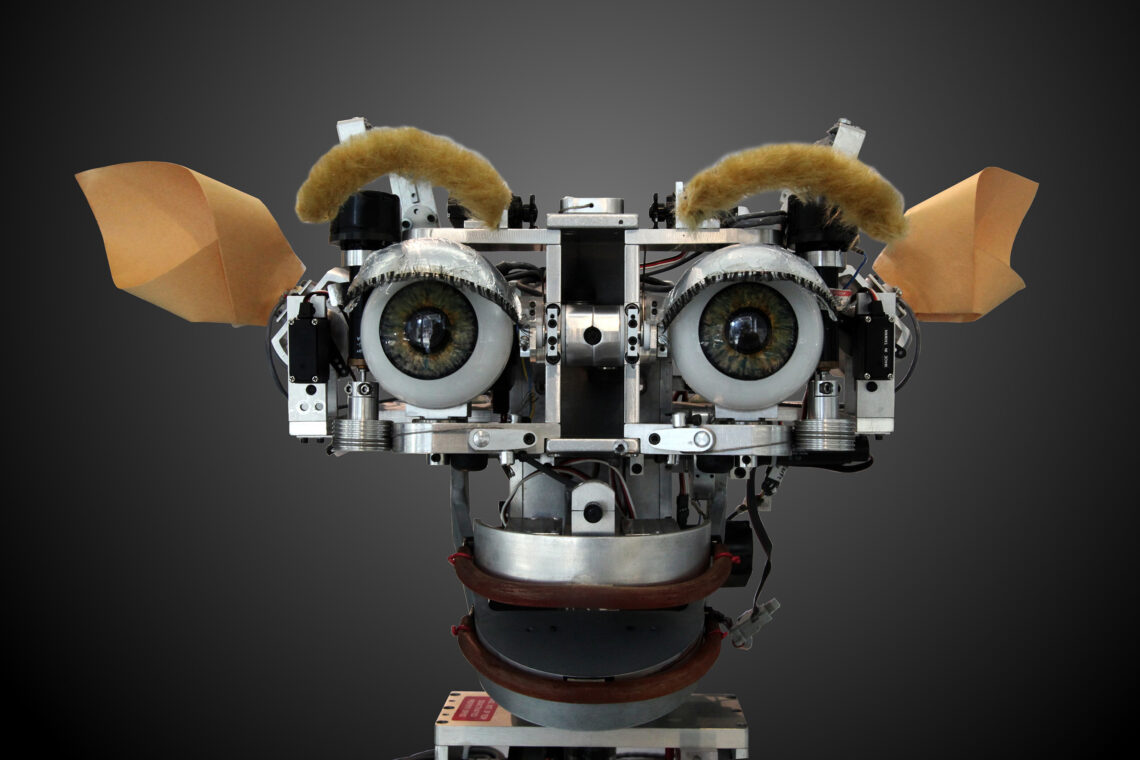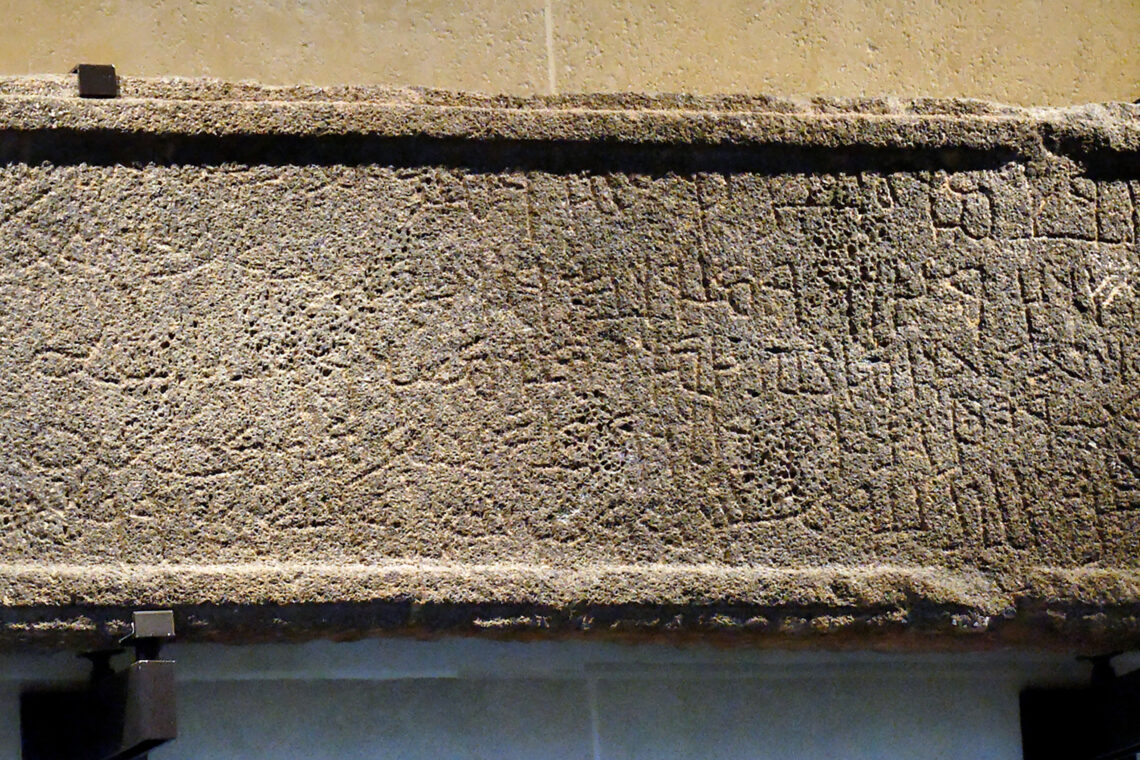To those who reject the notion that much of our reality is a social construction, welcome to the world of fatherhood. For the strongly democratic minded, fatherhood may feel like a form of insufferable tyranny, one that could galvanize—as it did early in the 20th century and continues to do so today—husbands and men to organize in order to defend their rights vis-à-vis the legal system. But what is the latter to do when a man (husband or not), bolstered by irrefutable paternity tests that his baby is biologically unrelated to him, refuses to assume his role as father? Biological justice to the aggrieved man means a child abandoned to a precarious fate. When twenty-three-year old Joan Berry sued the legendary actor and womanizer Charlie Chaplin in the 1940s to recognize Carol Ann as his own daughter, Chaplin subjected himself to a paternity test, which exonerated him from any biological relation to the girl. Yet the Los Angeles jury in this sensational trial—eleven women and one man—were not about to let science determine the outcome. They decided that Chaplin was the father—un point c’est tout. Society is more endangered by a child without a parent than by a grown man’s genetic innocence.

With this tantalizing episode, historian Nara Milanich takes us on a dizzying introduction to the concept of the father throughout history and across continents. In her new book, Paternity: The Elusive Quest for the Father, we find out that there has been a remarkable consensus across cultures about what a father is (or isn’t). Unlike the title of mother, which is based on an indisputably biological or natural reality, the father is more of a legal one, or as Milanich puts it, “a historical idea.” Pater semper incertus est, declared the Romans, but mater certissima est. I think these two Latin phrases need no translation. As if to remove any doubt about what this means, the Romans added a third principle: Pater est quem nuptiae demonstrant (marriage reveals the father). This principle has perdured throughout the ages. The 1804 Napoleonic Code even prohibited paternity suits. The American jury that rendered its verdict on Chaplin were less interested in who actually impregnated Joan but more concerned about who would take care of the child. Blood testing could eliminate impossible fathers, but it could not “positively identify an actual father.”
As paternity tests rose with the rates of extramarital births, divorce, illicit affairs, and adultery in the first decades of the 20th century, men and women found themselves exposed in courthouses and in the press. “Seducers,” a French observer counseled men, “watch out for the hematogram.” Women appearing in such suits were accused of perjury and promiscuity. In Nazi Germany, when being Jewish was practically a death sentence, challenging paternity was a way to save lives, but it still “required a wife admit to adultery, that a husband self-identify as a cuckold, that a child disavow a father or grandfather and impugn the morality of a mother or grandmother.” Going through these humiliating episodes had its benefits, but outside of this anomalous historical episode, paternity suits were sordid affairs with few winners in the end.
Science and technology have advanced tremendously since the turn of the 20th century when anthropometry with its arsenal of fingerprinting, photography (mug shots), and other techniques developed primarily for policing were deployed to reveal the father beyond the shred of a doubt. Now we have DNA fingerprinting that produces results with 99.9 percent certainty and a Big Paternity multibillion-dollar global business selling DNA tests by peddling “doubt.” We also have sperm donors who are forbidden by law in most U.S. states to claim paternity. Still, Milanich writes, “the father is as ambiguous, as deeply contested, indeed as elusive, as ever.”
The enigmatic theme of fatherhood reinforces the perennial tension between nature and culture and is further proof that we can’t disentangle the biological from the social. Fatherhood is also a powerful statement about the driving forces of the human condition. Since men have such tenuous biological ties to their offspring, does that explain their groundlessness and reckless behavior throughout history? The “elusive father” (whether in heaven or on earth) is certainly a mystery that may never be elucidated to our full satisfaction, but Milanich’s book is the first step in decoding the myth that has haunted our history from time immemorial.





Comments are moderated by the editor and may not appear on this discussion until they have been reviewed and deemed appropriate for posting. All information collected is handled in a manner consistent with our privacy policy.